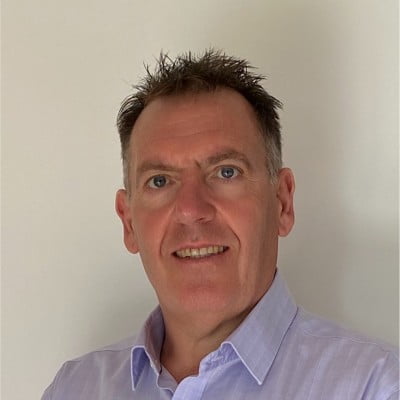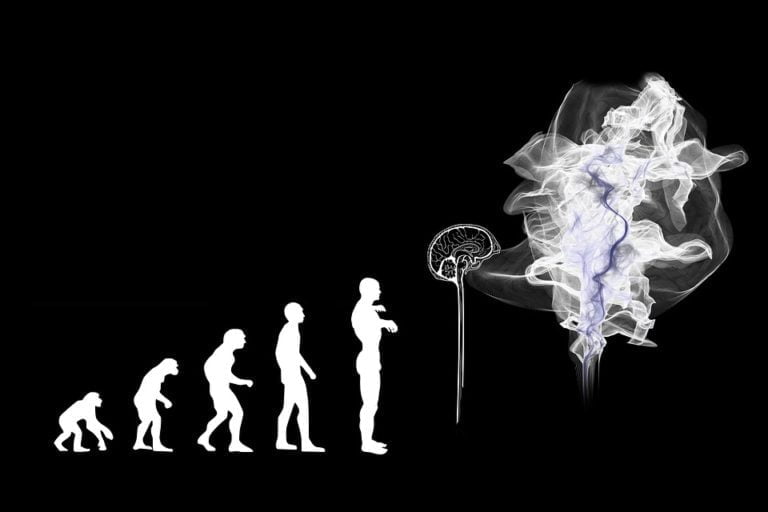Everyone comes to work to do a great job
… but all too often leaders don’t let them!
It’s been a while since I published my first article “Even with Lean, Complexity Kills” in which I lay claim to lean being more about real organisational teamwork than a set of tools or systems.
Of course teamwork alone will not deliver lean or operational excellence. Your employees need to have the skills and capabilities to deploy the tools needed along that journey. Real organisational teamwork however will ensure you get the best out of your people and tools in the fastest time, allowing you to reach levels of excellence maybe previously considered unachievable. In fact, real organisational teamwork coupled with an organisational problem solving capability will allow you to be innovative, developing your own tools and systems where copy paste practice may not be the best solution.
So what is real organisational teamwork?
Many organisations claim to have good teamwork, and to be fair they do, but only at a very superficial level. What I mean by that is their employees can be seen to be courteous to each other, enjoy the social interactions that exist and appear on the face of it to support each other in the pursuit of organisational goals. There will be visible disagreements and differences of opinion, however response to any challenges will often be driven by initial emotions formed on feelings of being personally criticised rather than praised or supported, and as a result challenges are actually seldom made.
When I’m referring to real organisational teamwork at a minimum I’m looking for six things:-
- An entire organisation that’s clearly aligned and working towards a common purpose.
Don’t be mistaken here into thinking this is just an annual plan that you may have communicated to your employees at the start of the year. That method more often than not only ever gathers dust. Annual plans tend to be silo based plans where each department or function has their own unique objectives and the relationships between the objectives are at best very unclear. It’s more about clarity in mission and focusing everyone on the key activities of the next step in that journey as it arises. Getting the key people together at a kick off meeting can be an effective method in launching each step to remind people of the bigger mission and how this activity supports it. Set clear expectations and realistic stretch targets for teams to aim for. The key point here, as with any communication, is that you can never communicate enough, so make sure the activity is supported with strong Plan Do Check Action (PDCA) through your daily management systems and take every opportunity to remind your teams of its importance and how it benefits them.
- People are willing to make individual sacrifice for the benefit of the team.
Employees may have individual objectives, but they clearly understand how these objectives support the bigger picture and can quickly prioritise the importance of one objective over another, even if it’s at the expense of their personal or team goals. It’s important to set up management systems that ensure your employees collaborate on a daily basis, that cross functional teams are the norm and leaders work to constantly break down any silos.
- Individuals are dedicated to the success of the team.
Individuals will always put the success of the team before any personal success. Often they will be seen making personal sacrifice to support team goals. They are clearly not self-orientated and can therefore build trusting relationships.
- Individuals deliver on commitments without fail.
This is possibly the one weakness I see most often. The timebound action that was due today was not progressed in line with the commitment made by its owner, and worse still, is not challenged by the leaders as being an unacceptable behaviour. Now there can be many good reasons why a commitment cannot be maintained, however the owner should as a minimum raise the lack of progress at the earliest opportunity, allowing the leaders or team mates the opportunity to step in and support the task’s timely completion. It should never come as a surprise to anyone that expected progress wasn’t made.
- Individuals sharing knowledge and experience to accumulate strength as a team.
Individuals bring their own strengths and experiences to any team. However a team is only as strong as its weakest link, so people must be encouraged to coach, mentor and support each other to ensure team capability does not suffer, particularly when one or two individuals are absent for whatever reason.
- Individuals can be openly held to account.
In great teams individuals both expect to be, and can be openly held to account. Of course the manner in which this is done has to be appropriate, with any challenge being more about the what and the why, not the who.
We can debate whether or not the above are seen individually as enablers or indicators of real teamwork, but that’s not the point. My point is how do you judge the quality of your teamworking, and more importantly how do you understand what’s impacting it negatively so that you can take actions to improve it.
Organisational teamwork doesn’t happen just by chance. It takes hard work, dedication and commitment from the leaders in the organisation to create and nurture. It needs you as a leader to behave according to a basic belief that everybody comes to work to do a great job and build trust at every level of the organisation. As a leader it’s your job to create the right environment for teamwork to exist.
In my experience one of the best ways to nurture teamwork is to ensure your daily meetings are effective. Ineffective daily meetings will without doubt be destructive for teamwork. Many organisations hold daily meetings and quickly fall into the trap of just reviewing the performance of the last 24hrs. At first they seem to be working effectively but as time goes on the dreaded rot of teamwork destruction creeps in.
As a young engineer I experienced this style of meeting and in order to prepare to answer the many questions that get raised up for performance shortfall, participants begin to adopt a defensive position for the sake of self-preservation. I have been there when production leaders have announced the shortfall was entirely due to the breakdowns in machines and equipment. I have seen and personally felt that feeling of dread as the finger of blame feels like it is pointing at you, and you realise your constantly failing to meet your customers’ expectations. It wasn’t meant to feel that way, but it does!
Of course it didn’t start out like that, but because we spent our time and energy reacting to the previous days problems, we were too concerned with ensuring a quick fix or containment to free up our time for tomorrows issues. In reality without implementing solid root cause countermeasure, eventually containment after containment overburdens both the process and the management system as more and more failures occur.
This bad experience led me to realise that it’s best to hold two types of daily meetings:-
Type 1:- Production readiness confirmation meeting
Normally before the start of each shift. Production , Engineering and Maintenance leaders should meet to understand what, if any, issues exist that are impacting the process now. The main purpose of this meeting is to ensure correct management activity has taken place to install suitable containment and any risk to downstream customers has been averted. These meetings need no more than 10 or 15 mins and often a visit to the problem site to actually confirm the reality of management actions in place. The question you are looking to satisfy is, are we safe to continue production and without risk to our customers? You may find that containment slows down your output, or has inherent risk to quality or safety and it is necessary to problem solve / improve this issue immediately to get a satisfactory status.
Type 2:- Problem solving meetings
Normally held within an hour or two of shift start so that you can ensure your process has settled into its smooth daily rhythm. The key point for a successful problem solving meeting is to understand what your biggest issues effecting performance are over a longer period. Do not change focus every day based on the last 24hrs results. Identify which priority problems you wish to solve and keep focus on these every day until root cause is fully understood, and countermeasures have been implemented. Challenge each problem owner with what actions they will complete in the next 24 hrs and set the expectation that they report the result of that action at the next day’s meeting . Breaking problems down into smaller chunks of daily activity prevents stagnation and allows you as leader to understand both problem solving capability and any progress delay issues early and take actions to recover.
With these two types of meetings in place participants know what’s expected of them, they turn up prepared to deliver on that expectation. Progress is made, everybody feels a sense of achievement and motivation grows stronger with each success.
As a leader, adopting the role as a coach in your organisation is a key requirement,. Your people will hit barriers each and every day preventing them from delivering, so you must be both readily available and approachable. Be present at their daily meetings so you can understand the reality of what’s happening and ensure you set clear expectations. Give guidance , support and direction when and where it’s needed so they can overcome those barriers. Challenge poor performance without fail, never allow a no good condition or behaviour to become acceptable practice. Stand back and observe how well your organisation is working together. Recognise poor teamwork, understand the reasons for it and if needed be brave taking actions to correct it.
About the Author
Kevin Robinson is an operations management and sustainable cultural transformation expert.
A Toyota Veteran of almost 30 years, he is skilled in changing management habits and creating true teamwork to engage and motivate the workforce to deliver on the operational objectives that really matter.
He is also an adjunct lecturer in operational excellence Trinity College in Dublin and an experienced keynote speaker.
Copyright©2022 All rights reserved Kevin Robinson







